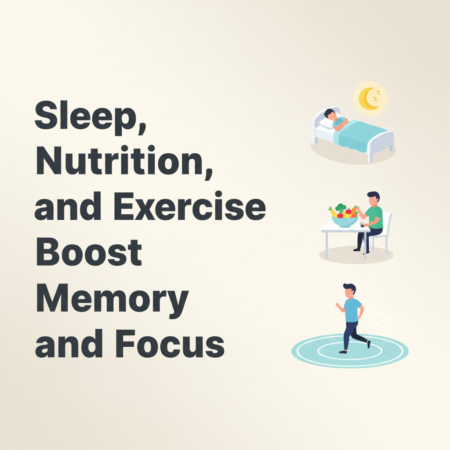Do you frequently wait until the last minute to complete tasks? Do you struggle to follow through on the majority of your plans? Perhaps you want to accomplish something more often, like preparing for an exam or going to the gym. Try not to give up if any discipline is lacking in any particular area. Making a strategy to increase your discipline is the first step in resolving this problem.
Get rid of temptations.

It’s generally easy to maintain self-control when you follow the proverb “out of sight, out of mind.” The first step in developing better self-control is to eliminate any temptations and diversions from your surroundings. Throw out junk food if you want to manage your eating more. Request to be removed from the daily lunch order email from your office intern. Turn off your phone and clear your desk of any clutter if you want to focus better while working. If you’re struggling, use the SelfControl program on your computer to temporarily block distracting websites like Facebook, YouTube, and even e-mail. Get rid of the negative and position yourself for success.
Eat consistently and sensibly.

According to studies, low blood sugar frequently makes a person’s determination weaker. Your ability to focus worsens when you’re hungry since your brain isn’t operating at its best. Hunger impairs concentration and makes you irritable and gloomy, among other negative effects. You are considerably more likely to struggle with self-control in all aspects of your life, including relationships, job, exercise, and food. Make sure you fuel up throughout the day with nutritious snacks and meals every few hours to stay on track.
I make sure to keep some almonds or Muscle Milk available at all times. With the help of these snacks, I can be sure to eat enough good fats and protein throughout the day as needed. Eating frequently helps you make better decisions and concentrate by controlling your blood sugar levels. Allow your brain to concentrate on your priorities and goals rather than on your rumbling stomach.
Do not wait until something “feels right.”

It might be inconvenient and uncomfortable to change your daily routine to improve your self-control. The basal ganglia, a region of the brain connected to emotions, patterns, and memories, is where habitual actions are attributed, according to Charles Duhigg, author of The Power of Habit. On the other hand, the prefrontal cortex, a distinct region, is where decisions are made. When a habit takes hold, we stop using our ability to make decisions and start acting automatically. As a result, developing a new habit and breaking a bad one both involve active decision-making on our part.
Your brain will fight the alteration to carry out its preprogrammed functions. The answer? Accept the incorrect. Recognize that it will take some time for your new regimen to feel nice, natural, or appropriate. Keep moving forward. It will occur.
Plan time for yourself to relax, indulge and get rewards.

Self-control does not require that your new routine be carried out in a drill sergeant- or hard-core style. In reality, allowing oneself no leeway frequently leads to failures, letdowns, and reverting to your old habits. The plan specified pauses, snacks, and prizes for yourself while exercising self-control. Dieting? Make Saturday the day for ice cream sundaes. Want to reduce your weight? After a month of going to the gym, reward yourself with a nice massage. Trying to keep your expenditures under control? Permit yourself to indulge on Sunday at the mall. Self-control may be challenging. Encourage your efforts.
Move forward and extend yourself forgiveness.

There will be times when implementing a new way of thinking won’t go as planned. You’ll experience highs and lows, amazing accomplishments, and blatant failures. The most important thing is to keep going. When you have a setback, accept the reason for it and continue. It is simple to get caught up in guilt, rage, or irritation, yet these feelings do nothing to strengthen self-control. Instead, see the setbacks in your strategy as opportunities to learn for the future. Recognize your mistakes, then quickly get back on your horse. It gets difficult to stay on the right track the longer you’re off your game.
Conclusion:
Contrary to popular belief, developing self-control is a learned trait. It demands regular repetition and practice in your daily life. Try out these 5 tried-and-true strategies for improved control to strengthen your self-control. By making little adjustments to your daily routine, this program will assist you in creating positive habits, destroying negative ones, and improving your ability to manage.
Your ability to make healthy decisions instead of emotional ones will help you live a life with more freedom as a result of improved self-control.







